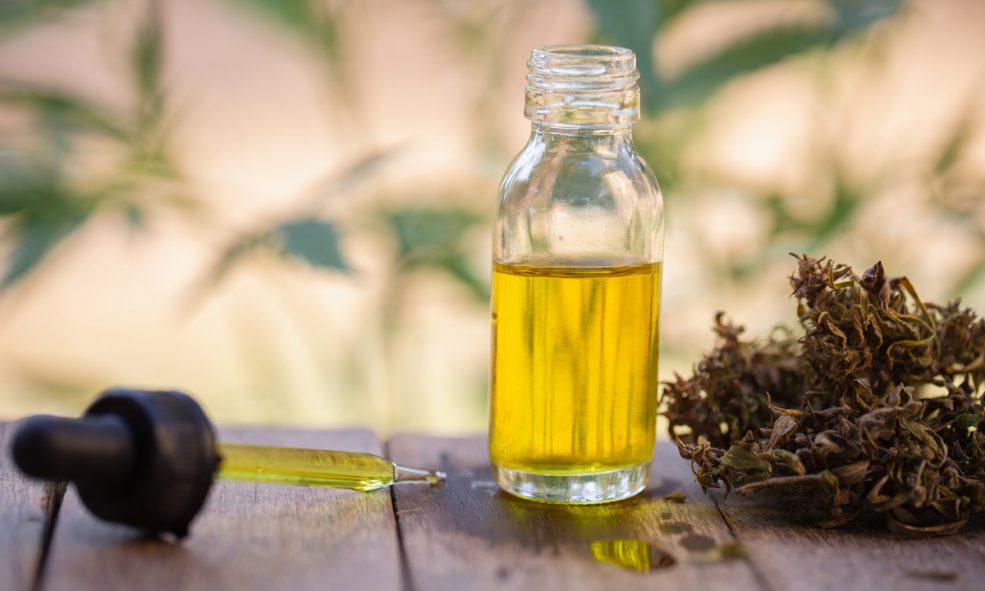The cannabis plant has a multitude of uses beyond getting people high, including making textiles, paper, biofuel, and oils for a range of applications, from industrial lubricant to skin moisturizer. However, as the popularity of cannabis-infused products grows, so does confusion over terminology, leading some consumers to purchase something that is made from cannabis, but isn’t what they expected. There is one part of the plant gaining in popularity, what is hemp oil?
One example is hemp oil, which can contain CBD, depending on what part of the cannabis plant is used to produce it. It is made from the stalks, leaves and flowers of the plant contain CBD, a popular cannabinoid gaining popularity as of late, and hemp seed oil, which is cold pressed from cannabis seeds and does not contain any CBD.
RELATED: Marijuana Vs. Hemp: What’s The Difference?

Whether it contains CBD or not, still contains a lot of substances thought to be beneficial to the skin, such as fatty acids like omega-6 and omega-3, vitamin E, and linoletic acids. Hemp oil moisturizes skin and is chock full of substances thought to restore and improve skin appearance. Hemp seed oil can also be consumed as food, such as a substitute for olive oil.
RELATED: 3 Main Differences Between CBD Oil And Hemp Oil
Hemp oil containing CBD will have much the same benefits of hemp seed oil but with the added effects that many experience with CBD, notably a reduction in inflammation. The seeds, by nature, do not contain THC or CBD, but other parts of the cannabis plant do contain either substance, or both. CBD’s impact on the skin’s health and appearance is not quite fully understood, but studies are promising, with CBD showing a positive effect on acne and psoriasis.
Consumers should carefully inspect the labels of any products claiming to have hemp products and any product claims. Products with it will not have CBD and may not have any of the properties of a hemp oil containing the popular cannabinoid. You should have some knowledge know about what is hemp oil.


